The Overwatch League is assessing its options for 2022, including a potential extended offseason following the 2021 season and interim events that could include non-season-based tournaments amid the uncertainty of the release calendar for Overwatch 2, sources present and familiar with those discussions told Dot Esports.
Those discussions come amid internal rumors that Overwatch 2 may be delayed until late 2022 or 2023, as well as concerns among league officials and team owners of waning interest in the existing game and low returns on investment as long as the league continues to compete on the current version of Overwatch, sources said. Earlier this month, a tweet from Overwatch leaker Metro suggested the sequel may be delayed until 2023.
A delay that could see the 2022 season not start until Q3 or Q4 2022 was first reported by GGRecon earlier today. Overwatch League vice president Jon Spector rebutted the GGRecon report, writing in a tweet today that the league has not determined its start date or plans for 2022 and does “not plan to take a ‘year-long hiatus.'”
In the short term, league and team officials are assessing options that could include a shorter season and a series of tournaments, organized either first party by Activision Blizzard Esports or officially licensed by the league, according to sources. If Overwatch 2 moves into beta in 2022, it’s also possible that a series of beta events could be played by Overwatch League teams. Specific plans for the Overwatch League next year have not been determined and will likely not be finalized until closer to the conclusion of the current season, which ends on Sept. 25, sources said.
What is clear is that there’s a resounding sentiment from some league officials and team ownership to not run another entire season on Overwatch’s current iteration.
What’s unclear is what that means for the league’s players as concerns mount around job security if the league’s break is longer than anticipated, sources said.
For years, the Overwatch League and its sister, the Call of Duty League, have drawn criticism from the esports industry due to their high franchise fees—which, in the case of the former, started at $20 million for its inaugural season and sold for more than $30 million in season two, according to reports from ESPN. While those reported prices were not publicly addressed, concerns around profitability and cost have privately arisen among team ownership who now feel more bearish than bullish on the league and its financial prospects.
The COVID-19 pandemic escalated those concerns. Certain revenue streams for teams were severed or delayed and certain esports teams had to apply for government assistance.
Eight ownership groups who collectively own 13 Overwatch League and Call of Duty League franchises received Paycheck Protection Program loans in 2020, according to documents released by the U.S. Department of Treasury and Small Business Administration. Included in those groups were the owners of the Dallas Fuel, New York Excelsior, San Francisco Shock, and the Paris Eternal. The owners of the Excelsior returned the loan in full after it was granted amid criticism that the loans were meant for non-venture backed small businesses, a spokesperson told ESPN at the time.
Amid pandemic-related financial concerns, Activision Blizzard also allowed teams to defer their annual franchise payments in 2020, according to a September 2020 report from The Washington Post.
Over the past several weeks, Activision Blizzard has become the subject of wide games and entertainment industry critique following the filing of a lawsuit by the California Department of Fair Employment and Housing, accusing the company of rampant sexual abuse and unequal pay for female employees.
In the wake of the lawsuit against its associated company, multiple sponsors pulled out of the Overwatch League before the Aug. 6 competition weekend. Those included State Farm, IBM, and Kellogg’s. Discussions about a 2022 season delay or alteration predate the filing of the litigation and the sponsor withdrawal, sources said.
The Overwatch League 2021 Grand Finals are scheduled for Sept. 25 and are tentatively booked as a fan-attended live event at the University of South California’s Galen Center in Los Angeles. Traditionally, the league’s offseason lasts from the end date of the Grand Finals to late winter or spring of the next year. The 2021 season, still recovering from the lingering scheduling effects of COVID-19, was shortened and began in April.



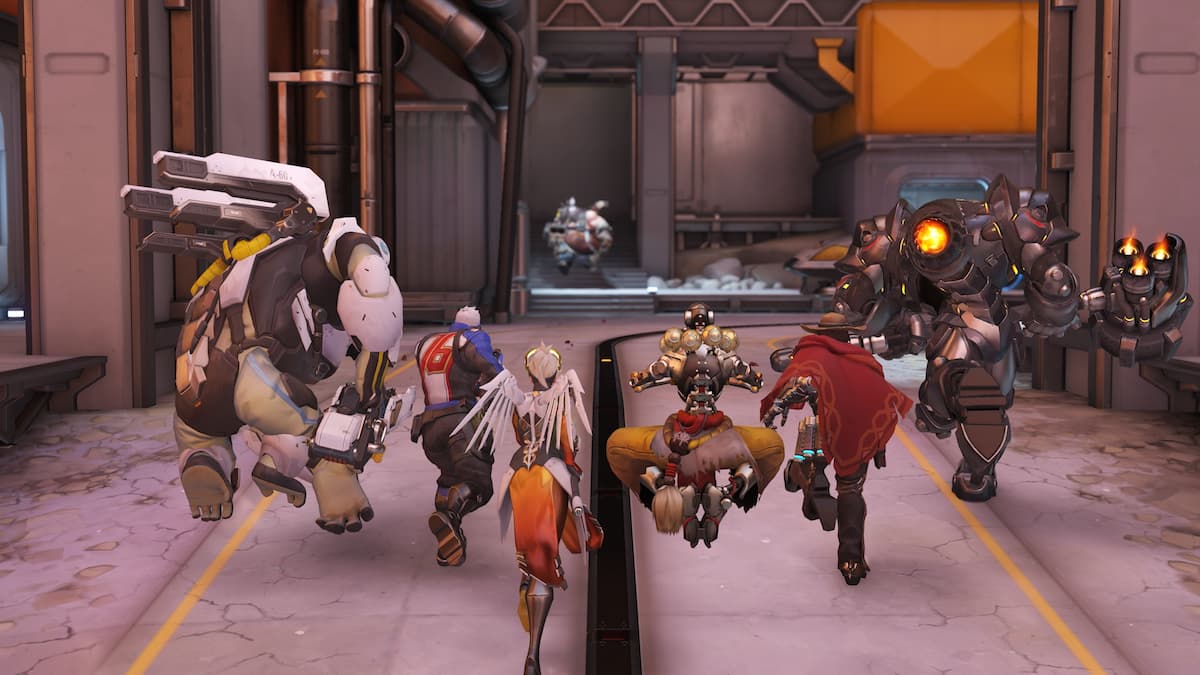

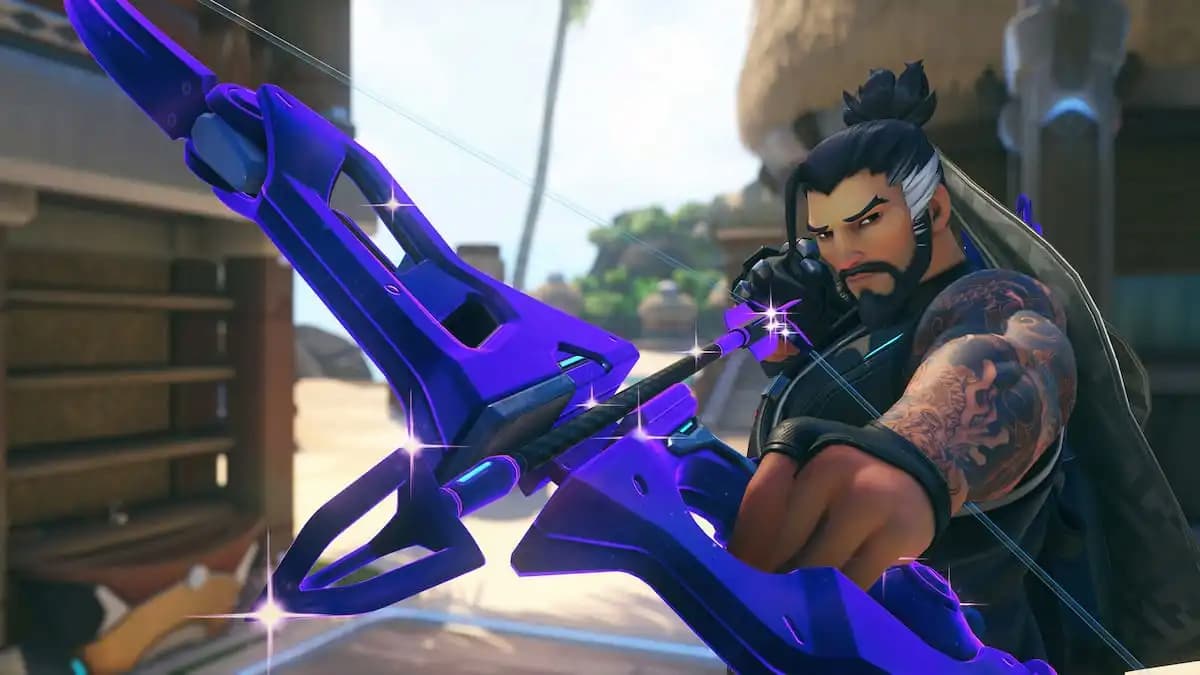
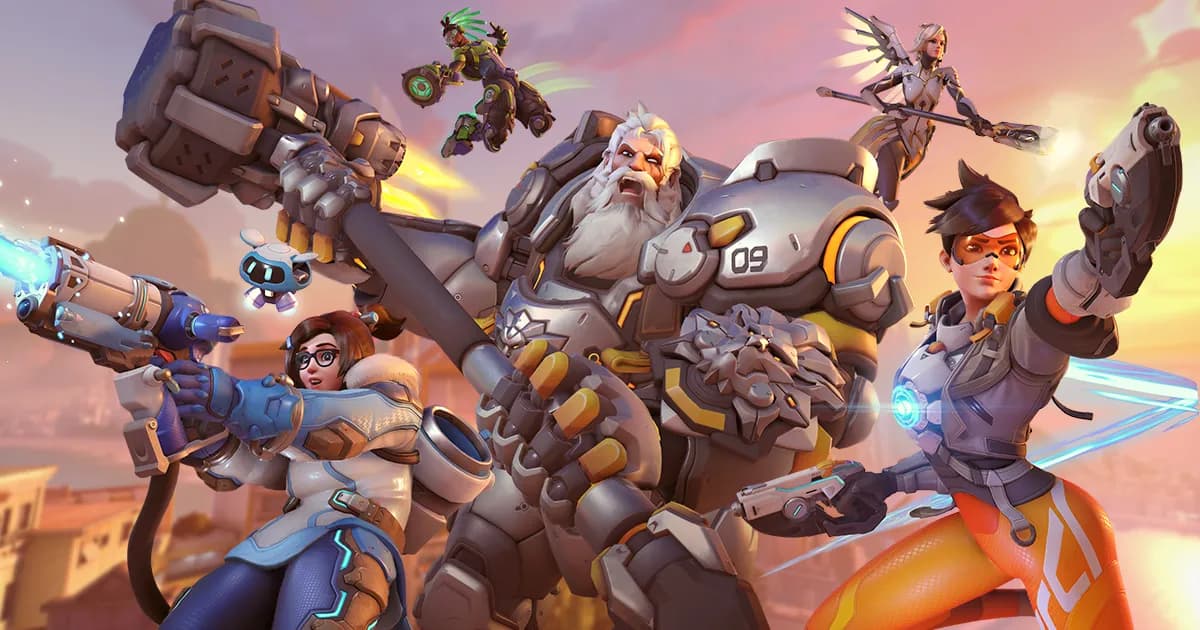
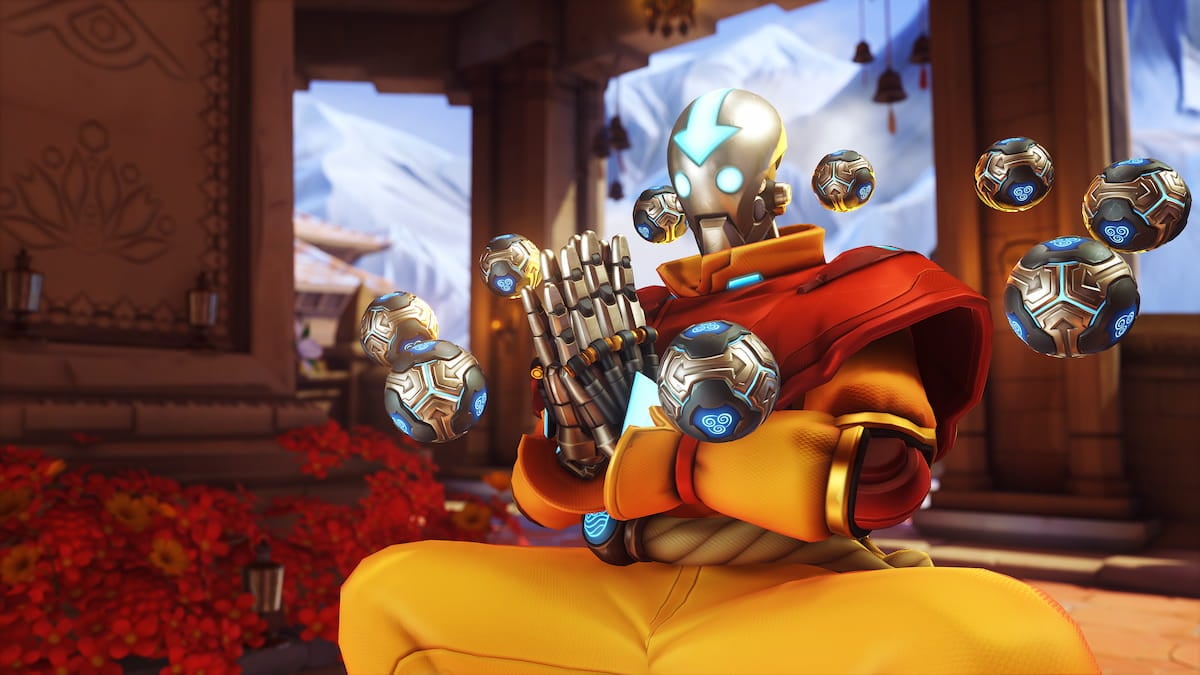
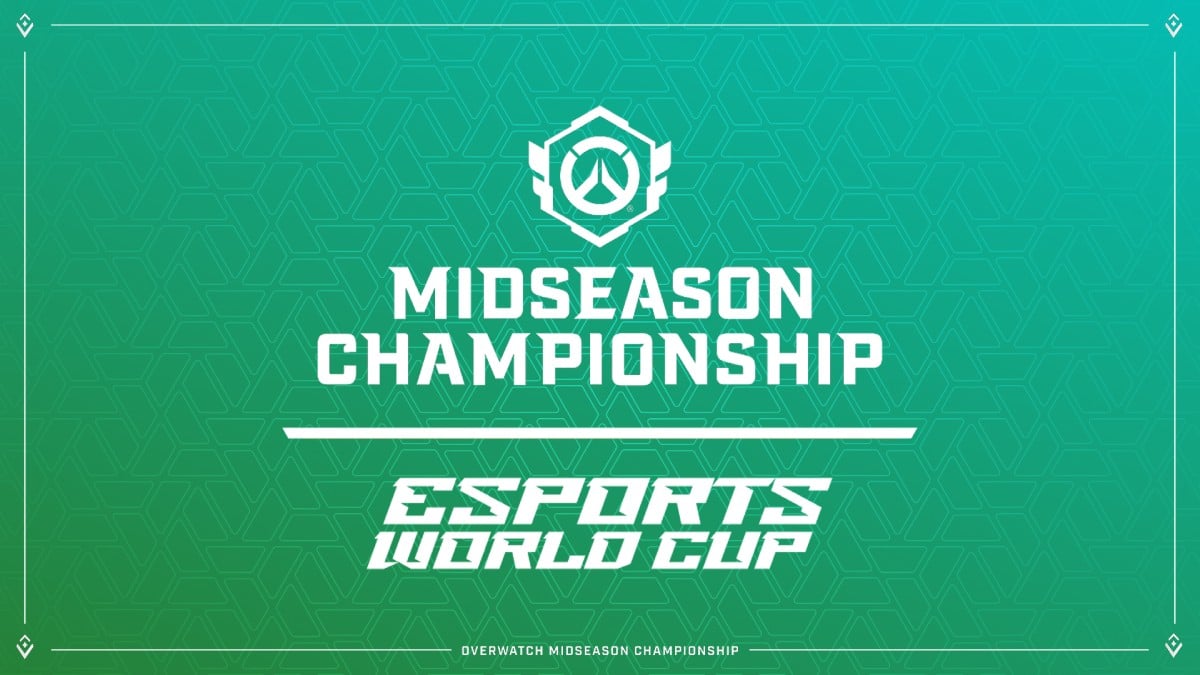
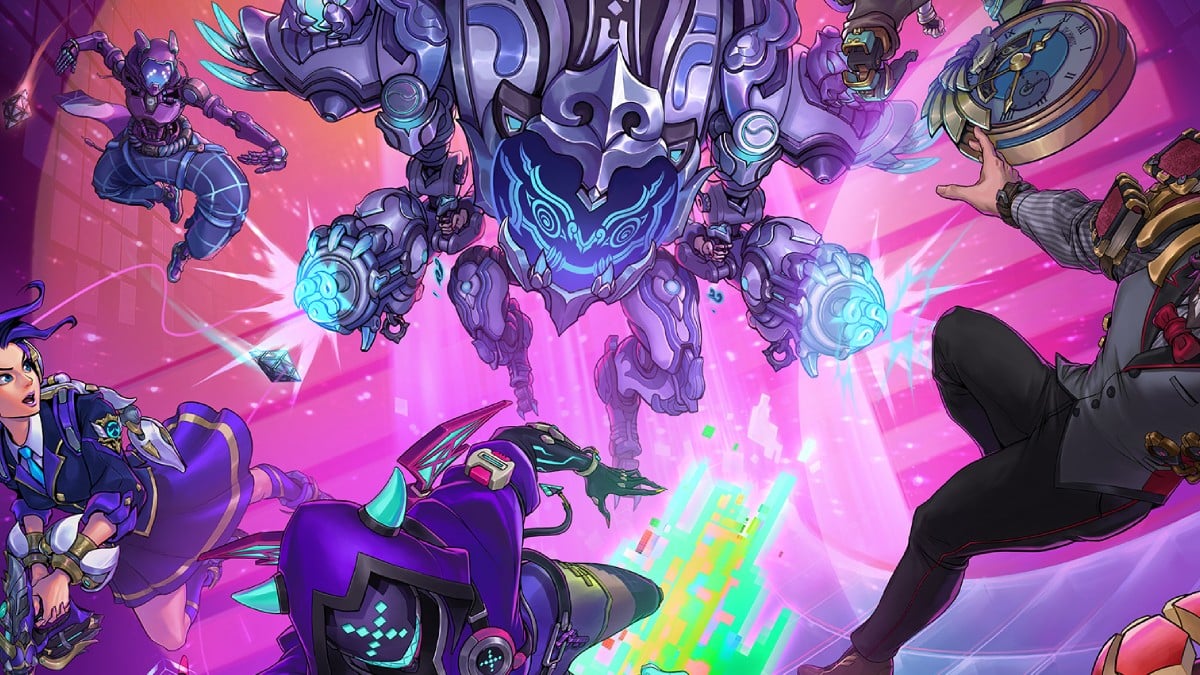
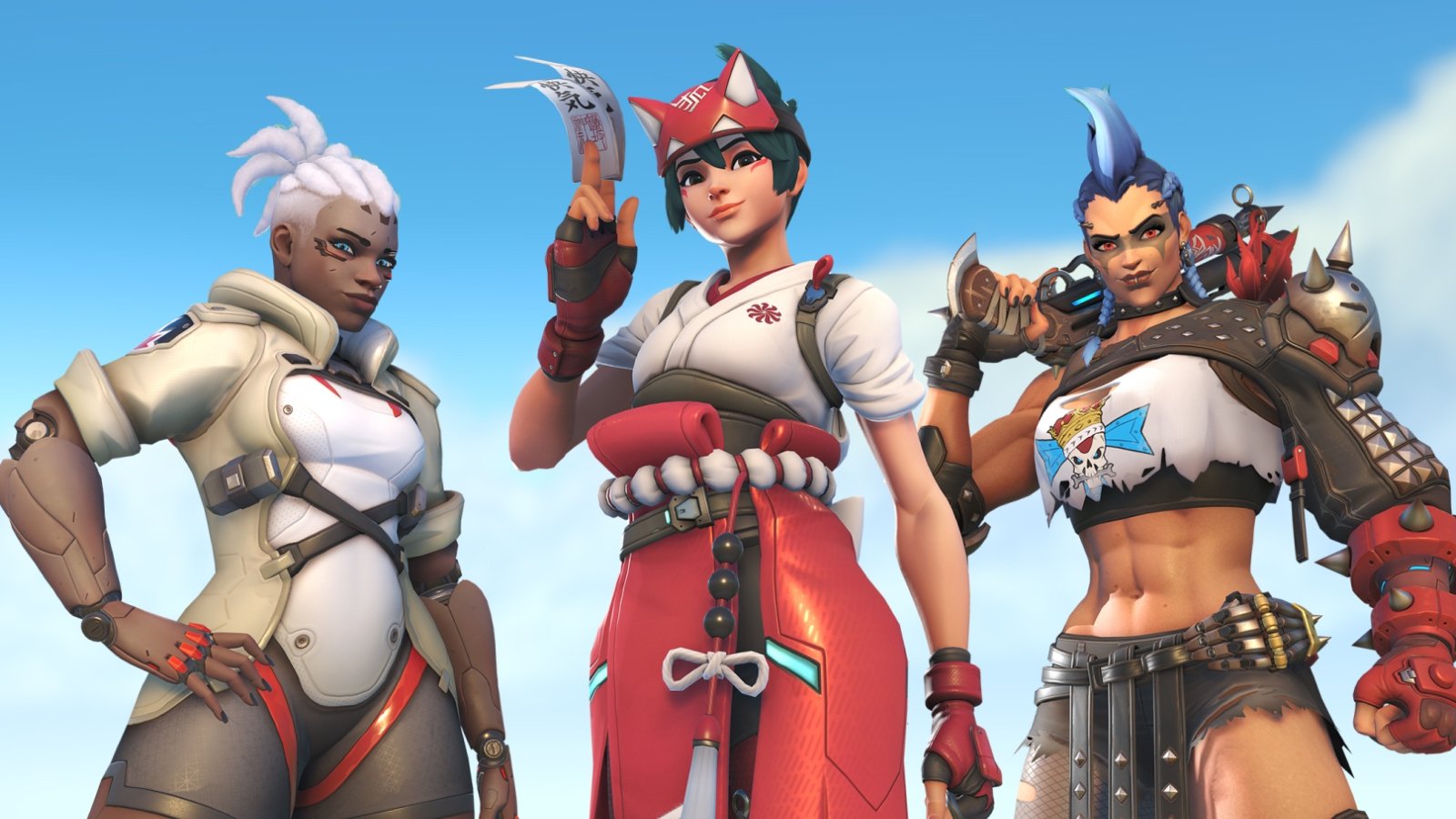
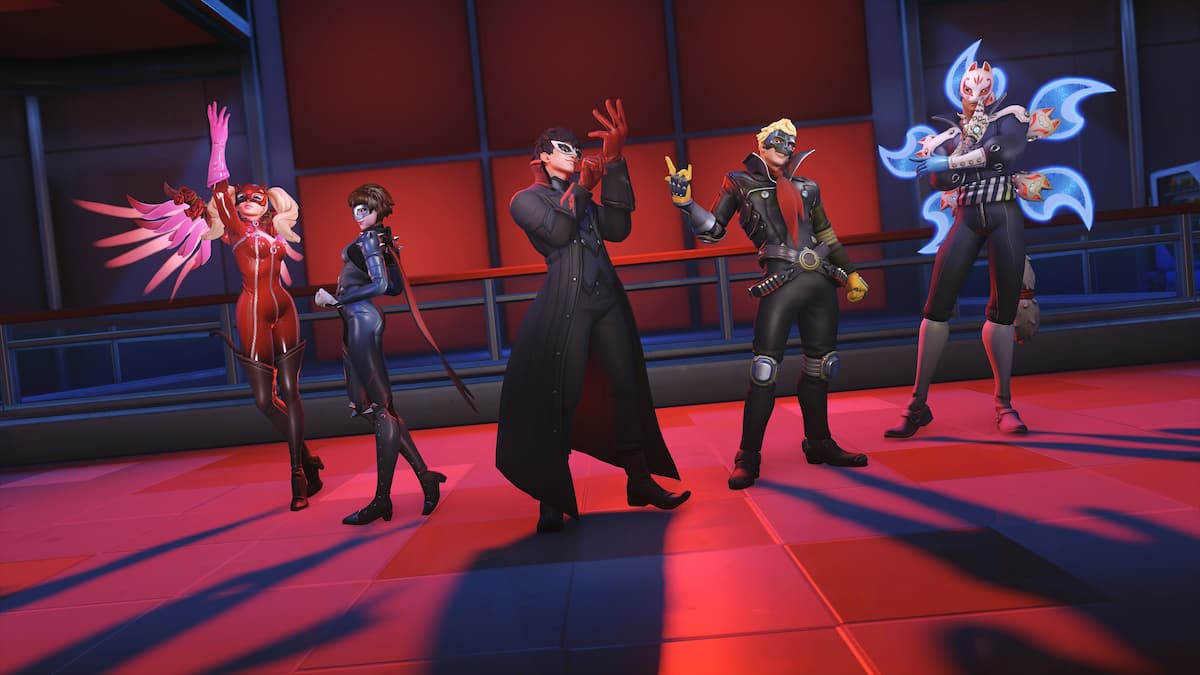

Published: Aug 11, 2021 01:53 pm